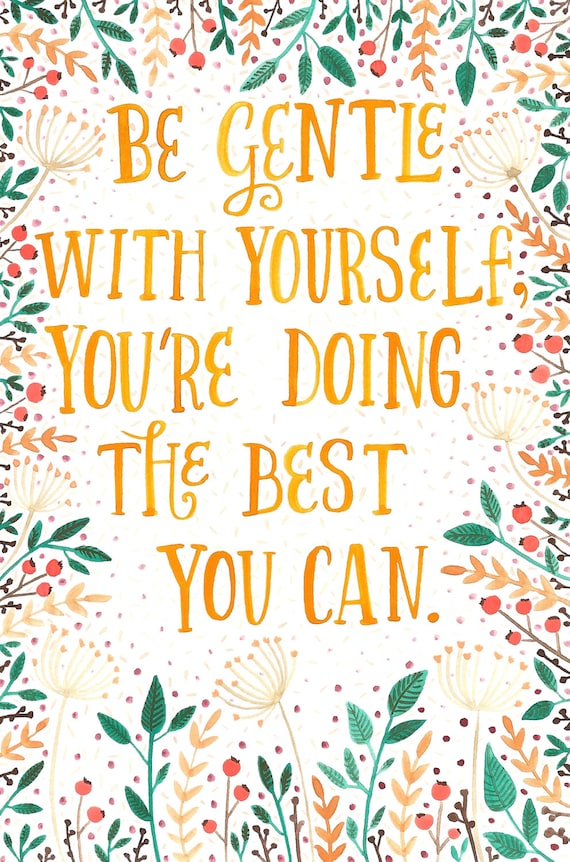For the last couple of weeks, I've been thinking about writing a blog with tips on how to get through the holidays when you are grieving ... but I honestly didn't have the emotional strength to do that until now.
It takes energy to write and even though I've been a writer for the last 35 years, it's been a struggle to put words into order since my husband, Al, passed away almost three years ago. Colon cancer was the cause. Frickin' cancer.
Okay, enough about that. I am fine. Most days. I am carrying on the best that I can while missing him every day but being grateful for the life we had together.
I am fine.
But you might not be.
Grief can be heightened during special occasions such as birthdays, anniversaries, and holidays. I learned a lot about grief in my work as a journalist and in my reading and experiences after Al died. I wrote about these lessons a month after he died, and I will repeat some of the ones that are specific to Christmas, New Year's Eve, and other special occasions.
It takes energy to write and even though I've been a writer for the last 35 years, it's been a struggle to put words into order since my husband, Al, passed away almost three years ago. Colon cancer was the cause. Frickin' cancer.
Okay, enough about that. I am fine. Most days. I am carrying on the best that I can while missing him every day but being grateful for the life we had together.
I am fine.
But you might not be.
Grief can be heightened during special occasions such as birthdays, anniversaries, and holidays. I learned a lot about grief in my work as a journalist and in my reading and experiences after Al died. I wrote about these lessons a month after he died, and I will repeat some of the ones that are specific to Christmas, New Year's Eve, and other special occasions.

Be kind to yourself. It may be helpful to go to some events so you don't spend all your time alone, but give yourself permission to say "no, thank you" if it feels wrong to attend something on a particular day. For example, I did not go to our church's "quiet Christmas" service this year. I was not feeling sad for a change, so why bring sadness into a good day when I had experienced so many sad moments already?
Breathe. Take long, deep breaths, especially when you feel overwhelmed by invitations or expectations. For the first few months after Al's death, I often stopped walking - just stopped - and concentrated on taking three deep breaths - one ... two ... three - to regroup. There is scientific proof that deep breathing helps our body to release anxiety and stress. Taking some deep breaths is one of the easiest ways to keep going when you think you can't go anymore.
Left foot, right foot. In the early days of my grieving, this is the only way I could function - by telling myself to breathe and to put one foot in front of the other to get through this moment, then get through the next moment. Take one step at a time, make one decision at a time, and don't let others tell you what to think or do or how to feel.
Feel your feelings. If you feel sad or angry or upset or confused, it's okay to express it. It's okay to cry - anywhere. This doesn't mean you will feel this way forever. Bottling it up will delay healing and no one wants that. Do not apologize for how you feel. Apologize if you hurt someone while you are feeling, though. If possible, choose who you are with as you feel your feelings. (See 'Be kind to yourself' above.)
Rest. We concentrate too much on achievement and not enough on self-care. When grieving, self-care is essential. Rest does not necessarily mean getting a good night's sleep. That is elusive when you are in the midst of deep grief. If you cannot slow your overthinking mind enough to have a nap, try sitting in a comfortable chair or lying down for a few minutes. Close your eyes and turn off your brain for a short break. Rest.
Pre-arrange transportation. When grieving, it is important to have some control over your ability to come and go from parties and other holiday gatherings. If you suddenly feel overwhelmed or too sad to stay, have a friend or family member drive you home. Be careful not to drive when in the depths of grief as your mind may not be fully focused on the road. Be kind to yourself and others.
A bereavement support program gave me this helpful brochure:

The brochure's tips from Kelly and Karin Baltzell are:
- Pace yourself
- To say 'No' is okay
- Pamper yourself
- Tell people what you need
- Make new rituals
- Honor traditions
- Remember your physical needs
- Tell others exactly what holidays are important to you
- Crying is okay
- Make action plans
- Consult your family and friends
- Lean on your faith
We smiled and even laughed. And we cried, of course. Tears of love.
I wish that for you this holiday season - that you get through it the best way you can while remembering your loved one and taking care of yourself.
Happy holidays!



















